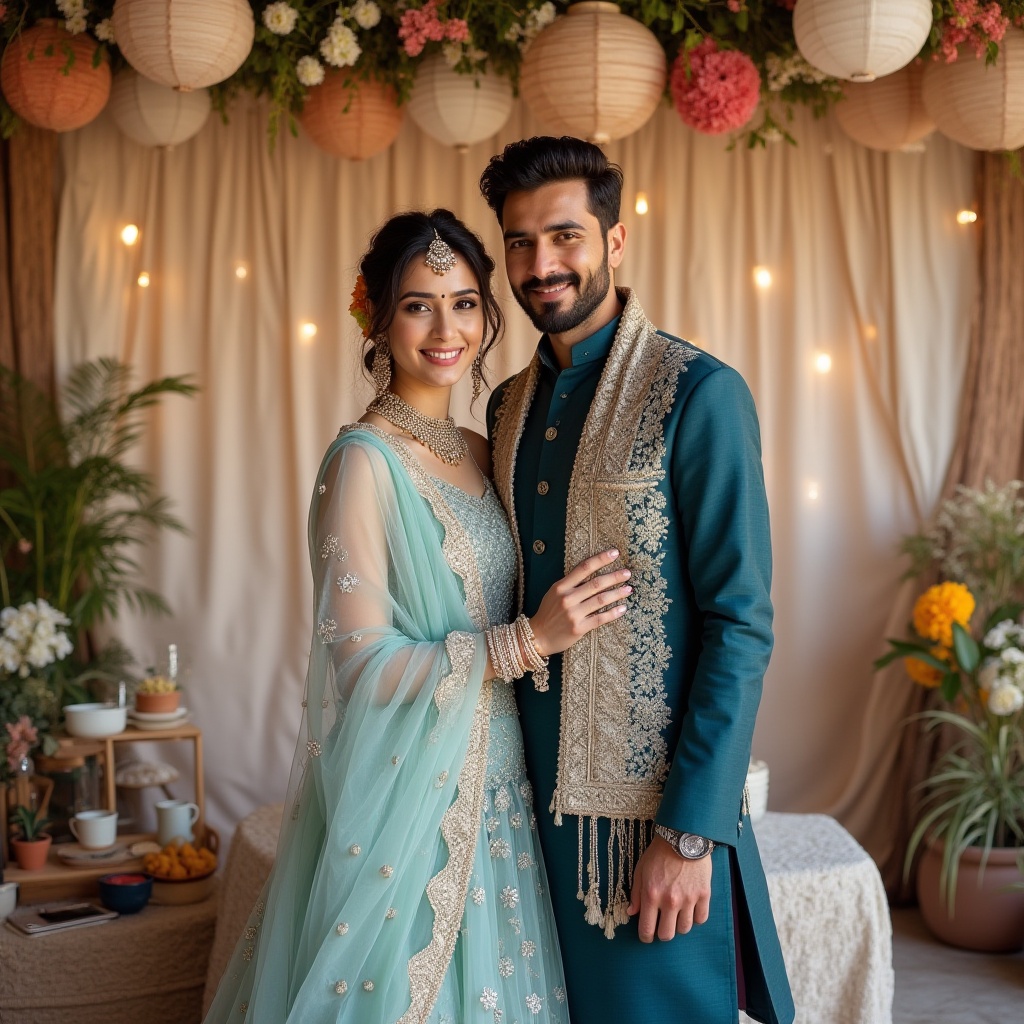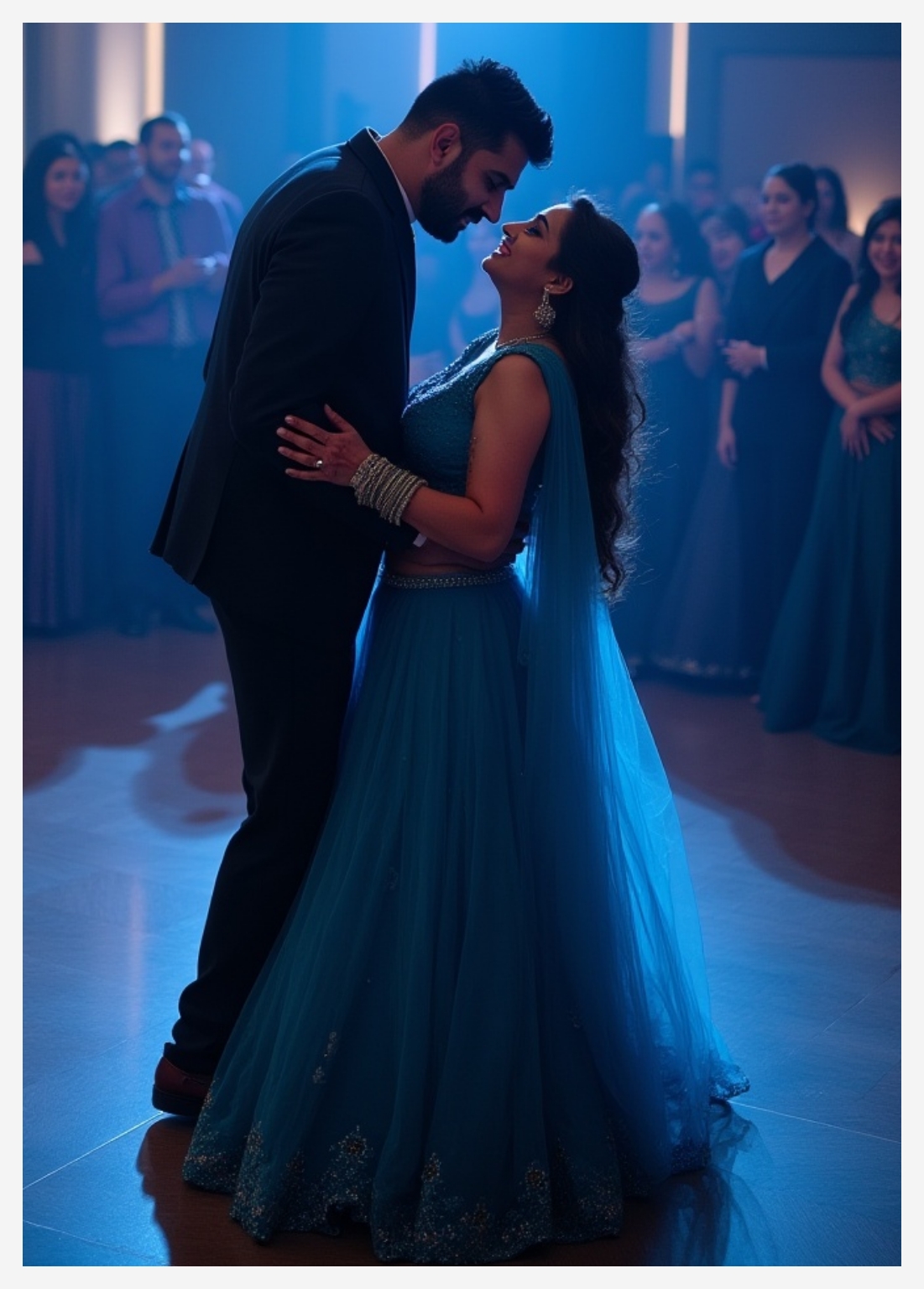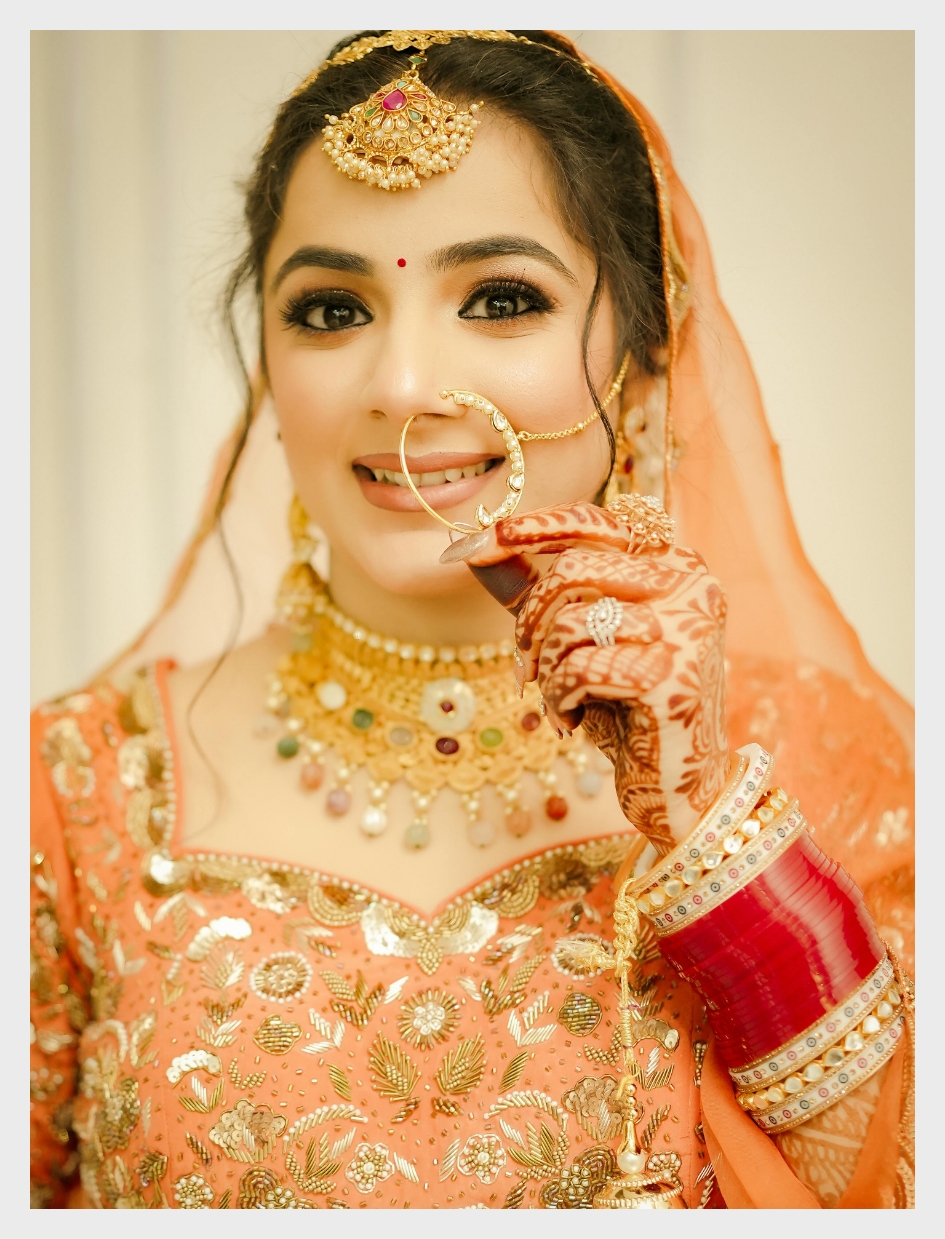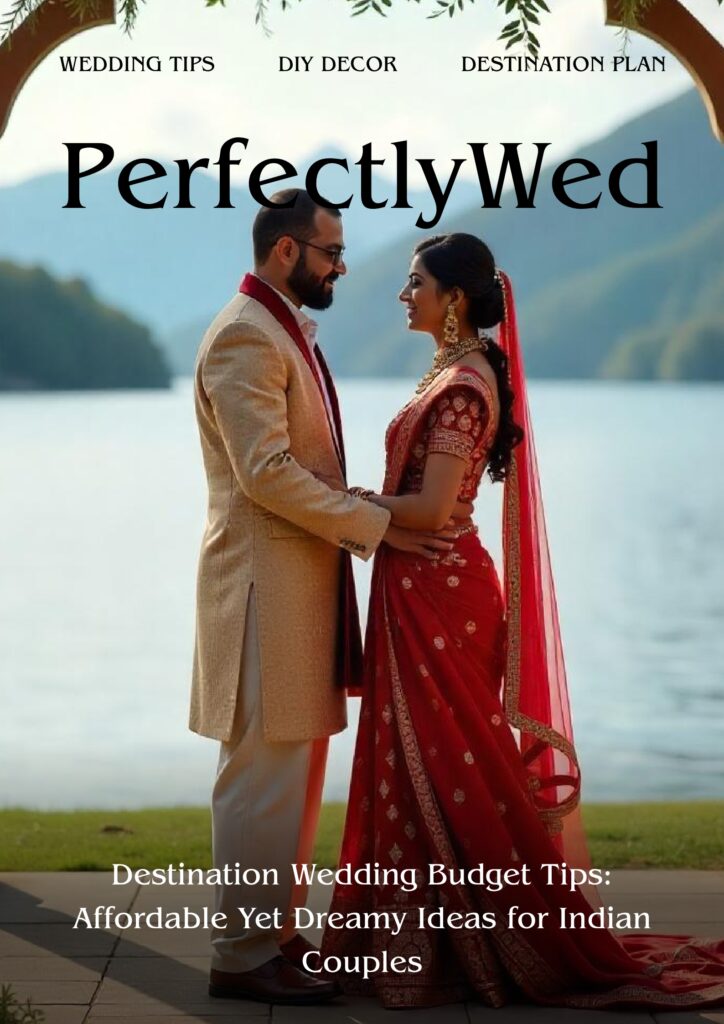
BUDGETING
SMART SPENDING
PLANNING

How to Spend Smart and Still
Celebrate Big
Topics
Weddings are one of the most emotionally charged and financially significant events in families. From the moment a couple gets engaged, the wedding machine whirs into motion—guest lists expand, Pinterest boards fill up, and budgets begin to balloon. But as much as a wedding is about celebration, it’s also about smart choices. And that starts with prioritizing your expenses.
You don’t need an endless budget to have a magical wedding. What you need is clarity—clarity about what matters most to you as a couple, and the courage to allocate your budget accordingly.
1. Start By Defining What The Wedding Means To You:
Is it a spiritual union celebrated in an intimate way, or a grand festival that brings hundreds together? Does tradition take center stage, or do personal stories and experiences matter more? Before you begin spending, sit with your partner and families to define the core purpose of your wedding. That emotional clarity will shape your spending plan.

2. Identify The Top Three Non-Negotiables:
Every couple has certain elements they deeply care about. For some, it might be photography. For others, it could be the food, the bridal outfit, or the music. Choose three things that matter most to you and allow yourself to spend a little more on those areas. This will help you cut costs elsewhere without feeling like you’re compromising on your dream.
3. Allocate A Realistic Percentage To Each Category:
Divide your overall budget into categories: venue, décor, catering, clothing, jewelry, photography, gifts, entertainment, transportation, and miscellaneous. Be realistic and flexible. For example, if the venue eats up more than planned, maybe go lighter on the décor. Creating percentages keeps you in control, especially when bills start rolling in.
4. Spend More On The Long-Lasting Elements:
A three-day buffet may be memorable, but stunning wedding photographs will last a lifetime. Prioritize vendors who give you tangible memories—photographers, videographers, outfit designers—over fleeting things like over-the-top stage designs or exotic menu items that people might forget.
5. Be Selective About Guest Count:
The guest list often decides the scale and, therefore, the cost of your wedding. Each additional person affects food, seating, return gifts, space, and logistics. Focus on inviting those who are truly close to you. A more intimate wedding not only reduces cost but also makes for a more personal celebration.
6. Choose Practical Over Performative:
There’s a rising trend toward performative wedding elements: expensive invitations with digital screens, drone shows, champagne walls. Ask yourself—does this add meaning, or is it just for Instagram? Redirect funds from such showpieces toward experiences that feel more “you.”

7. Save On What’s One-Time Use:
Spending lakhs on a wedding outfit that you’ll wear for five hours and then store forever? Instead, consider rental services or custom outfits that can be re-worn. Similarly, skip elaborate themed décor that will be discarded after a single event.
8. Avoid Last-Minute Planning—It Costs More:
When you plan and book early, you’re more likely to get the best vendors at better rates. Procrastination can lead to rushed decisions, limited options, and premium pricing. Give yourself time to compare, negotiate, and save.
9. Prepare A Contingency Budget:
Always keep aside 10–15% of your total budget for unexpected costs—last-minute guests, extra printing, backup transport. It’s your financial safety net and ensures that you don’t go overboard if a surprise pops up.

10. Keep The Marriage In Mind, Not Just The Wedding:
One day of celebration is wonderful, but a stable financial start to your life together is priceless. Don’t drain your savings or take on loans for a single event. You’ll thank yourself later when you’re planning a honeymoon, buying a home, or navigating early married life without financial stress.
A wedding should be a reflection of your love and values—not a contest of extravagance. Prioritizing your expenses isn’t about cutting corners; it’s about choosing what’s meaningful to you and investing wisely. After all, a well-planned wedding is not just memorable—it’s empowering.
Top 10 Tips for Wedding Expense Prioritization
- Define what your wedding means to you
- Choose three top non-negotiables to focus on
- Divide your budget into realistic categories
- Spend more on lasting memories like photos and clothes
- Keep the guest list tight and meaningful
- Avoid performative trends that don’t hold emotional value
- Cut costs on one-time-use items like heavy décor and outfits
- Book vendors early to get better deals
- Reserve 10–15% of your budget for surprise expenses
- Protect your financial future—don’t overspend on one day
Sample Expense Prioritization Scenarios
Bride Priya & Groom Aman (Intimate Temple Wedding):
- High priority: Rituals, family meals, simple outfits
- Medium priority: Photography, music
- Low priority: Décor, invitations, entertainment
- Result: ₹5–8 lakh budget, beautiful moments with family, no debt
Bride Rhea & Groom Karan (Modern Urban Wedding):
- High priority: Reception ambience, fashion, photos
- Medium priority: Catering, décor
- Low priority: Gifts, rituals
- Result: ₹20–25 lakh budget, trendy yet personalized wedding weekend
Bride Anika & Groom Rohit (Destination Wedding in Goa):
- High priority: Venue, food, experiences
- Medium priority: Clothing, music, photography
- Low priority: Invitations, favors
- Result: ₹15–18 lakh budget, a 3-day fun-filled escape with close family and friends
Final Thoughts
Weddings are once-in-a-lifetime events—but so is starting a life together free from financial regret.
By prioritizing expenses based on what’s meaningful to you and your partner, you gain:
- Clarity over confusion
- Confidence in your decisions
- Control over your budget
- And most importantly, a wedding that feels true to your story
You don’t need to spend endlessly to celebrate abundantly. With thoughtful planning and intentional spending, your wedding will be just as magical—and much more memorable.

